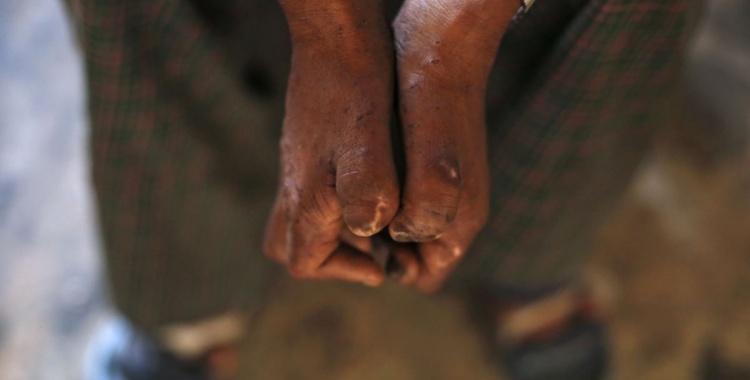Ernesto Afonso, who was speaking during the celebration, on Sunday, of World Leprosy Day, said that Angola keeps the disease prevalence rate (0.38 percent) low, that is, the registration of less than one case per ten thousand inhabitants, as stipulated by the World Health Organization (WHO).
According to the official, Angola eliminated the disease as a public health problem in 2005, but the registration of new cases is a concern, stressing that the 1018 cases are under treatment.
The coordinator of the National Leprosy Control Program, cited by Angop, said that in 2019, out of the total cases, 145 already had visible deformities, 450 were cured and 81 abandoned treatment.
Although Angola is on the list of countries in the process of eradicating leprosy, the disease tends to resurface, due to the weakness of control, namely the weak geographical coverage of services, aggravated by the lack of qualitative and quantitative supervision.
The lack of technical preparation of the professionals involved in the management of the program, the cure rate below 80 percent, as well as the late diagnosis and treatment of cases and grade two deformities in children and women are also some of the obstacles to eradicating the disease. leprosy.
“We have been working hard to eliminate it, or to reach zero deformities, but we still consider the registered cases high, which means that when the patient appears at the consultation he cannot present deformities, if so it becomes an indicator that contributes to that the country is considered to have a high burden of the disease”, he said.
Angola has 92 health units with treatment for leprosy, with the provinces most affected by Huambo, Cuanza Sul, Huíla, Luanda, Moxico and Lunda Norte.







